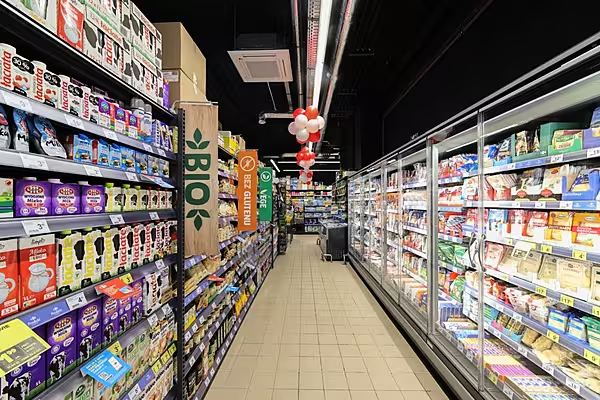German consumer sentiment is set to darken heading into March, bucking expectations for a slight improvement, as households keep a wary eye on the economic and political situation in Europe's biggest economy, a survey indicated.
The consumer sentiment index, published by GfK market research institute and the Nuremberg Institute for Market Decisions (NIM), fell to -24.7 points from a slightly revised -22.6 points the month before.
Analysts polled by Reuters had expected sentiment to rise slightly, to -21.4 points.
DZ Bank analysts had predicted that sentiment would remain gloomy, but said pessimism could be somewhat mitigated by the prospect of a change in politics after the 23 February election.
Conservatives led by Friedrich Merz won the election on Sunday with promises of pro-growth policies to boost an ailing economy, but took just 28.5% of the vote, setting the stage for arduous negotiations to form a viable governing coalition.
NIM analyst Rolf Buerkl called for the fast formation of a government and rapid approval of this year's budget to reassure households.
"This would create important conditions for consumers to be more willing to spend money and to revive consumption," he said, adding that the current figures show no signs of recovery.
Merz's conservatives want to quickly form a government but face tricky coalition talks and the prospect of an obstructive parliament after far-right and far-left parties surged.
Consumer Sentiment
Consumers' income prospects plunged to a 13-month low in February due to higher prices, an uncertain political and economic situation, and dissatisfaction with politics.
Households' willingness to buy also fell to its lowest level since June, and many consumers will continue to spend cautiously over reports about impending factory closures, relocation of production abroad and job cuts, warned the institutes.
Europe's largest economy contracted for a second year in a row in 2024, cementing Germany's place as a laggard among its large euro zone peers, and it also shrank in the final quarter of last year, suggesting little sign of an imminent reprieve.
The consumer climate indicator forecasts the progress of real private consumption in the following month.
An indicator reading above zero signals year-on-year growth in private consumption. A value below zero indicates a drop compared with the same period a year earlier.
According to GfK, a one-point change in the indicator corresponds to a year-on-year change of 0.1% in private consumption.
The 'willingness to buy' indicator represents the balance between positive and negative responses to the question: 'Do you think now is a good time to buy major items?'
The income expectations sub-index reflects expectations about the development of household finances in the coming 12 months.
The additional business cycle expectations index reflects respondents' assessment of the general economic situation over the next 12 months.












